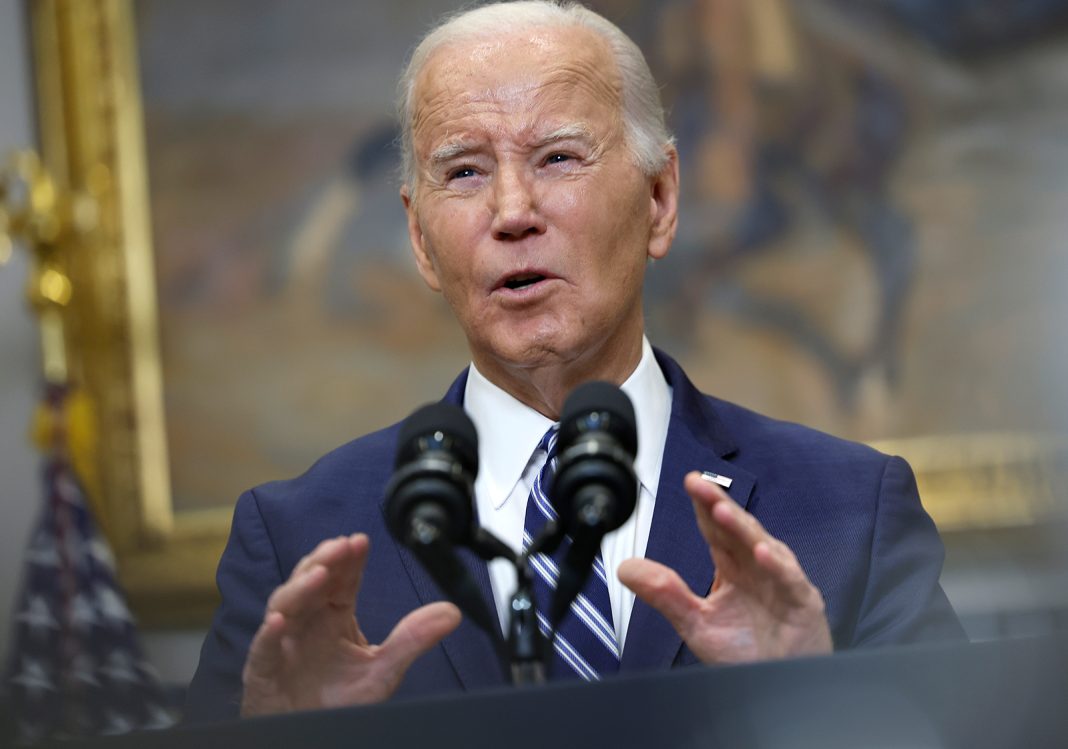The US, Egypt and Qatar called on Israel and Hamas to participate in a final and decisive round of negotiations on Thursday in Doha for a deal to release hostages held by Hamas and establish a ceasefire in the besieged strip.
The White House is extremely concerned that if Iran and Hezbollah attack Israel in the next few days it will sabotage the negotiations and kill any possible agreement.
Global concern that Israel’s war in the Gaza Strip will escalate into an all-out regional conflict multiplied after the assassination last month of Hamas political chief Ismail Haniyeh in Tehran, and of Fuad Shukr, a top commander from the Lebanese group Hezbollah, in Beirut.
Biden stressed he was concerned about a possible Iranian attack on Israel and its implications for the hostage and ceasefire deal.
He said “it’s getting harder” to reach a deal but he is not giving up, adding, “We’ll see what Iran does. We’ll see what happens.”
When asked if he expected Iran to hold off on a retaliatory strike if a ceasefire agreement was reached, Biden stated, “that’s my expectation.”
Leader of the Islamic Revolution Ayatollah Seyyed Ali Khamenei has warned the Zionist regime of a “harsh response” for Haniyeh’s assassination, saying it is Iran’s duty to avenge the Palestinian resistance leader’s blood.
President Biden’s top Middle East adviser Brett McGurk arrived in Cairo on Tuesday for talks with Egyptian officials on the hostage deal and security arrangements for the Egypt-Gaza border, US officials said.
McGurk is expected to travel to Doha on Wednesday.
Biden senior adviser Amos Hochstein travelled to Lebanon on Tuesday and is expected to hold talks with Lebanese officials on Wednesday to try to de-escalate tensions with Hezbollah, which has threatened to respond to Israel’s assassination of its top military commander in Beirut.
